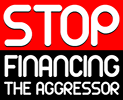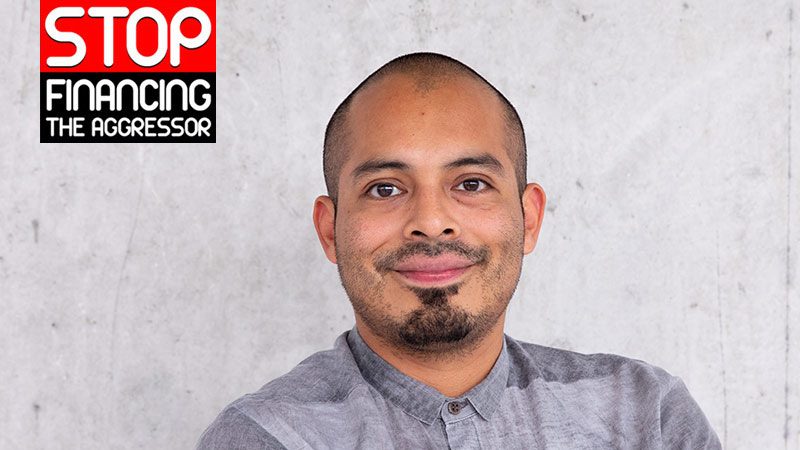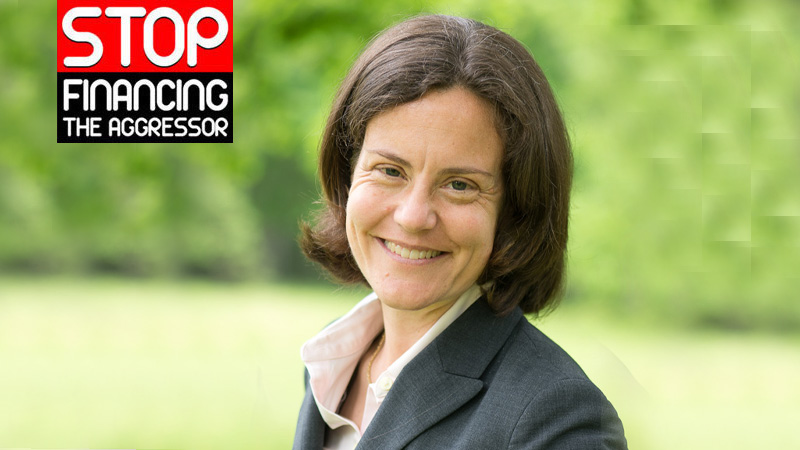After Srebrenica, the UN created a “Responsibility to Protect” or “R2P” at the behest of then Secretary General Kofi Annan. In the resolution finally adopted by the UN General Assembly, this Responsibility to Protect of States was defined as the protection of populations against genocide, war crimes, ethnic cleansing and crimes against humanity (A/RES/60/1 of October 24, 2005). On the one hand, States have a duty towards their own population; on the other hand, the responsibility to protect is collective in the sense that it also involves all other States if peaceful means at the national level fail to prevent the aforementioned grave violations of human rights and international humanitarian law. The assistance of third countries does not need to be military.
The continued purchase of Russian gas and oil is financing the very war that should actually be stopped.
In the case of the Russian war against Ukraine, direct military intervention would not be suitable given the possibility of nuclear escalation. However, the use of other “peaceful means” (paragraph 139 of the above-mentioned resolution) is explicitly also an option. In my opinion, these include economic sanctions, in particular a boycott of Russian gas and oil. On the one hand, the diplomatic and economic measures taken so far are obviously not sufficient. And on the other hand, the continued purchase of Russian gas and oil is financing the very war that should actually be stopped.
The horrific images from Ukraine show day after day the Russian regime’s disregard for international humanitarian law and its human rights violations.
The horrific images from Ukraine show day after day the Russian regime’s disregard for international humanitarian law and its human rights violations. Switzerland and all UN members can and must do more. Not only to live up to their obligations under international law – but also out of humanity.
Patrice Martin Zumsteg, Dr. iur., attorney at law, is a lecturer and researcher at the ZHAW School of Management and Law, Winterthur/Switzerland, in the field of public law with a focus on fundamental rights. He coaches the ZHAW team in the European Human Rights Moot Court Competition (Helga Pedersen Moot). A research fellowship brought him to the Max Planck Institute for Comparative Public Law and International Law, Heidelberg/Germany.



